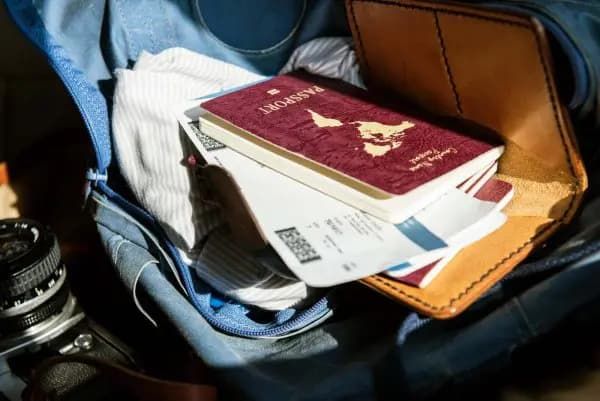What is Immigration Law?

In order to understand what immigration law is, it is first necessary to define some terms commonly used in this area:
Foreign: Persons who are not nationals of a State.
Migrant: All those who decide to leave one territory to settle in another. In other words, it is any person who changes his or her habitual residence to a new residence.
Regular migrant: A person who enters a territory that is not that of his nationality by complying with the requirements to enter and/or remain in that territory.
Irregular migrant: A person who enters the territory of a country that is not his or her own without complying with the requirements established by law for entering and/or remaining in that country.
** Visa:** Authorization granted by the authority of a country for a foreign person to enter and remain in the national territory for a specific period of time.
In Colombia, Immigration Law is the set of legal rules that regulate the entry, stay and departure of persons in the Colombian territory.
These rules are intended to protect the rights of migrants, regulate the flow of migrants and ensure national security.
The Political Constitution of Colombia recognizes the right to free mobility of all persons.
However, it also establishes the power of the State to regulate the entry and exit of persons from the national territory.

Regulation
Migration law in Colombia is regulated, in the first instance, by international treaties that protect migrants, which belong to the constitutional block. Among them are:
- The American Convention on Human Rights
- International Convention on the Elimination of All Forms of Racial Discrimination
- The International Convention on the Protection of the Rights of All Migrant Workers and Members of Their Families.
Secondly, there are the internal legal norms, such as:
- Decree 1067 of 2015. Whereby the Sole Regulatory Decree of the Administrative Sector of Foreign Affairs is issued.
- Resolution 5477 of 2022. Whereby provisions on visas are issued. This law establishes the requirements for obtaining a visa, residency and Colombian nationality. It also establishes the grounds for deportation and penalties for those who fail to comply with immigration regulations.
- Law 1465 of 2011. Whereby the National Migration System is created and regulations are issued for the protection of Colombians abroad.
- Law 1565 of 2012. Whereby provisions are issued and incentives are established for the return of Colombians residing abroad.
Objective of Migration Law
Thus, it is understood that immigration law is a complex legal discipline that aims to guarantee access to the rights of all persons, regardless of their origin or immigration status.
However, in spite of the existence of legal norms that protect and regulate the subject of migration, it is common for people to move from one territory to another in an irregular manner, generally in search of opportunities, and for this reason migration law has had to evolve and create new figures that respond to the current migratory phenomena.
The Colombian government has implemented various measures to regularize the migratory situation of persons who are in the country irregularly.
For example, the Special Permit to Stay Program (PEP) allows people who are in Colombia irregularly to obtain a temporary permit to work and live in the country.
In conclusion, immigration law in Colombia is a set of legal norms that regulate the entry, stay and departure of persons in the Colombian territory.
The purpose of these rules is to guarantee access to rights for all persons, regardless of their origin or migratory status.
Cybergraphy
https://www.cancilleria.gov.co/sites/default/files/Normograma/docs/decreto%5F1067%5F2015.htm
https://www.oas.org/es/sadye/documentos/FUPAD%5FCartillaDerechos.pdf
Recommended articles
Services that might interest you
Immigration Lawyers Colombia
Expert advice on visas, ID cards, nationality, and more. Trust our immigration lawyers in Colombia. Contact us today for reliable legal assistance!
Would you like some advice?
Please fill out the following form, and we will get in touch with you.
- Phone:300 388 4986
- WhatsApp:Click to start your WhatsApp chat

